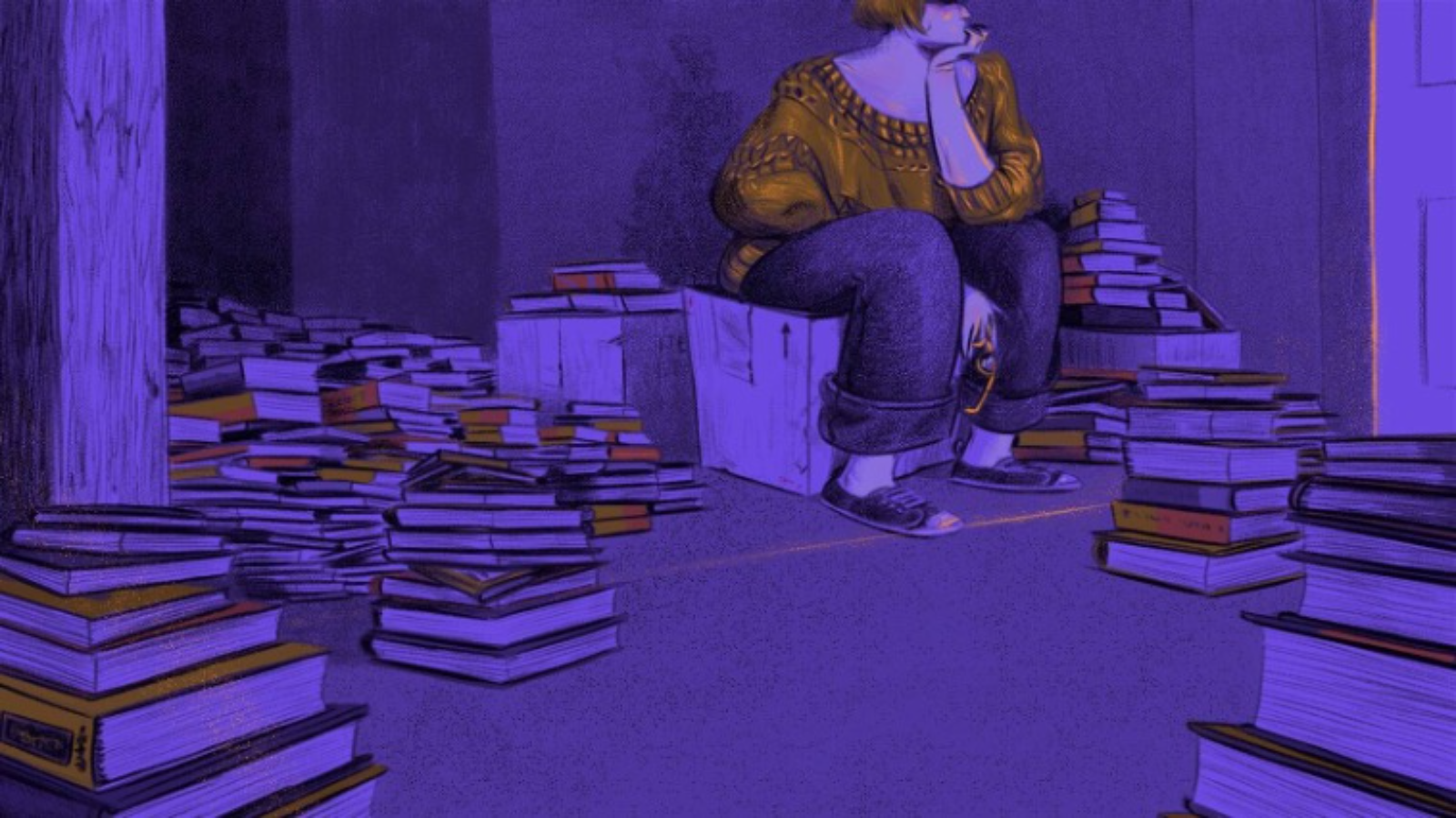Author Katherine May reflects on her complicated relationship with reading during the pandemic in “During the Pandemic, I Lost the Ability to Read.” Framed as a personal narrative of cognitive and emotional disorientation, the piece contributes to COVID-19 storytelling by capturing how pandemic life disrupted core aspects of identity. May recounts how the chaos of lockdown—juggling homeschooling, caregiving, and professional obligations—combined with ambient stress and uncertainty, left her mentally depleted and unable to read. This loss was acute, as reading had long structured her sense of self as a writer.
May’s story is emblematic of broader pandemic-era narratives of disconnection from formerly grounding practices. The accumulation of unread books became a source of guilt, a visual marker of internal fragmentation. Even as the world reopened, she struggled to reengage with reading, eventually rediscovering it not through return but reinvention. By letting go of productivity-based reading habits and embracing essays and poetry, May articulates a shift from instrumental to restorative engagement with texts.
This reflective account exemplifies a pandemic-era transformation in narrative practice—how individuals reframe meaning-making under crisis conditions—and offers insight into the subtle, interior toll of prolonged disruption.

Image Captions:
Illustration from Katherine May, “During the Pandemic, I Lost the Ability to Read,” Washington Post, 13 September 2023.Citation: May, Katherine. “During the Pandemic, I Lost the Ability to Read.” Washington Post, 13 September 2023, wapo.st/3ImUgfs. NON-FICTION, ONLINE ARTICLE | ENGLAND. sm/jb/ig
Source Type: Life Writing
Country: England
Date: 13-Sep-2023
Keywords: Pandemic Storytelling, Cognitive Disruption, Reading and Identity, Personal Narratives of COVID-19, and Literary Habits under Crisis